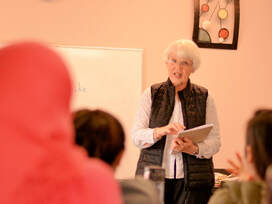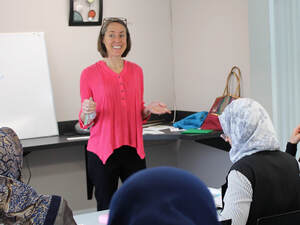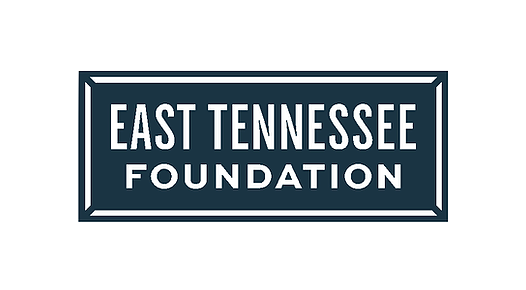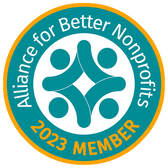In another ESL class, one student raised her hand and pointed to a word in the paragraph she was reading silently. The teacher explained, “That’s 'I’d.' It means 'I had.'” Maybe she should have left it there, but she went to the corner of the classroom whiteboard and wrote, “I’d’ve.” Calling for the class’s attention, she said, “You may have heard someone say I’d’ve, I’d of, or even I’d a. You won’t find these in the dictionary, but here in the mountains of East Tennessee, all of these mean I would have.” The students tried out the new phrases, realization gradually sweeping over their faces.
Sometimes these unplanned moments are the most important part of an English class. It isn’t proper English. You won’t find it in a textbook, but what’cha gonna do? READY TO GET INVOLVED? There’s a difference between proper, written English and neighborly communication. All our adult English students need the latter, and some need the former as well. If helping people communicate better sounds like fun to you, join our next volunteer English teacher training or learn how to volunteer with KIN. Don’t be afraid of the "English;" we welcome those who speak southern, American slang!
0 Comments
Leave a Reply. |
IMPACTRead the stories of Knoxville's local internationals and the volunteers who have impacted their lives. Get a first-hand view of what it's like to move here and/or to serve those who've moved here from other countries. Discover how KIN has impacted life and culture in metro Knoxville. Archives
May 2024
Categories
All
|
About |
Contact KIN865.235.1476
[email protected] Mailing PO Box 31052 Knoxville, TN 37930 Office 6300 Deane Hill Drive Knoxville, TN 37919 |
Proudly powered by Weebly
|



 RSS Feed
RSS Feed

